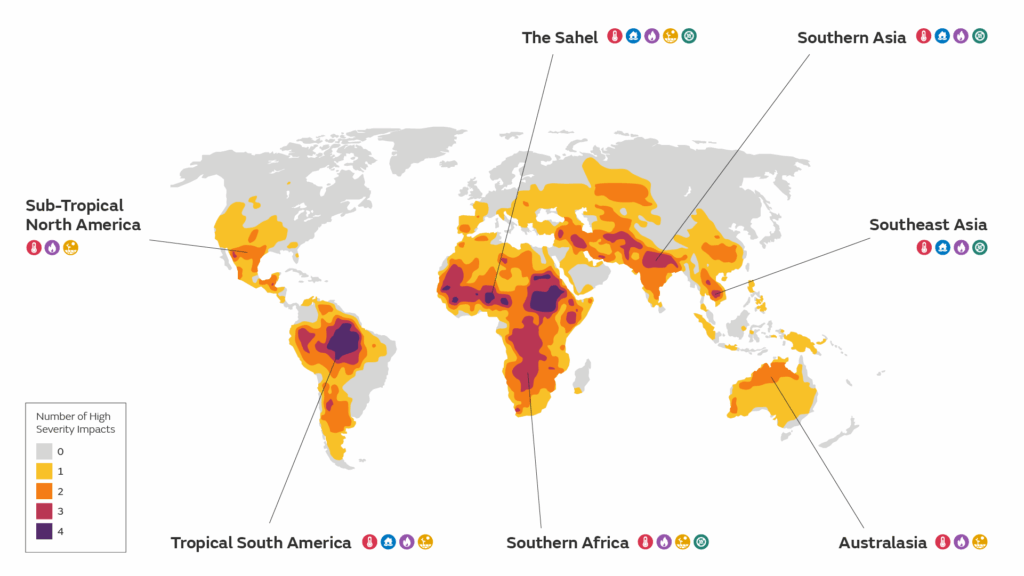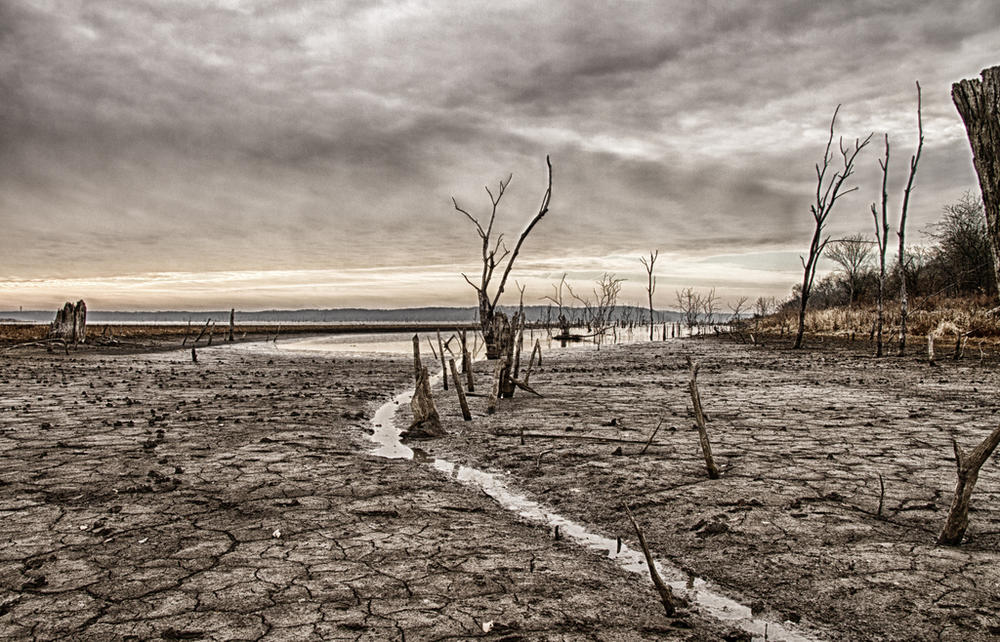The discourse surrounding climate change often elicits a spectrum of opinions, ranging from fervent alarm to contrarian skepticism. Yet, at its crux, one question persists: Is climate change unequivocally bad? While prevailing narratives often enumerate the dire consequences of a warming planet, a comprehensive examination reveals a nuanced landscape that transcends binary judgments. This article unravels the stark realities of climate change, delving into its multifaceted implications for ecology, society, and our collective future.
Understanding the impact of climate change entails grappling with a multifarious amalgam of environmental, economic, and sociocultural dimensions. As global temperatures rise—predicted to increase by an average of 1.5 degrees Celsius above pre-industrial levels by the early 2030s—an array of effects emerges that are not merely adverse but intricately interwoven with the fabric of human existence.
Addressing climate change as purely detrimental jeopardizes an understanding of these complexities. Witnessing the shifting paradigms of ecosystems can foster an appreciation for the adaptive capacities of nature, and yet also highlight the tragic consequences that follow. Both human and environmental resilience must be acknowledged, alongside the discomforting realities ushered in by warming trends.
Herein lies the first fundamental consideration in grappling with climate change: its unpredictable trajectory. Exploring the ramifications of this phenomenon involves acknowledging the varied and intricate responses of our global environment.
Ecological Disruptions: The Choreography of Change
Climate change has engendered a calamitous shift in ecosystems, wherein species find themselves grappling with unprecedented alterations in their habitats. The biomes that once flourished under stable climatic conditions are now beleaguered by erratic weather patterns, altering precipitation rates and temperature gradients. Coral reefs, for example, are succumbing to bleaching events, leading to dire repercussions on marine biodiversity and the communities reliant on these ecosystems for sustenance and economic viability.
Moreover, the migrations of flora and fauna serve as a poignant illustration of nature’s resilience. Many species exhibit shifts in their geographical ranges as they seek more hospitable environments; this phenomenon, however, can lead to cascading effects on local food webs and socioeconomic structures. The plight of polar bears, whose hunting grounds in the Arctic are rapidly diminishing due to melting ice caps, underscores the implacable reality that some species may not adapt quickly enough to the accelerating pace of change.
Yet, it is essential to recognize that in some instances, climate change may catalyze beneficial effects for particular species, resulting in altered ecological relationships. Such instances may appear to defy conventional wisdom, but the greater story remains one of turbulence and imbalance.
Societal Implications: Adaptation vs. Strife
The societal implications of climate change are equally profound, encompassing a spectrum that oscillates between potential resilience and increased vulnerability. Historically marginalized communities often bear the brunt of climate-induced hardships, possessing fewer resources to adapt or cope with the aftermath of extreme weather events, such as hurricanes, floods, and droughts.
As global temperatures rise, we are witnessing the phenomenon of climate refugees—individuals displaced from their homes due to environmental changes. This new class of displaced people is projected to number in the millions, potentially triggering geopolitical tensions and exacerbating existing inequalities. The discourse surrounding climate change then shifts from mere environmental degradation to social justice advocacy, demanding urgent strategies for equitable adaptation measures.
However, proactive strides towards sustainability can yield positive societal transformations that are essential to consider. Initiatives aimed at transitioning to green energy can bolster job creation in various sectors, stimulating economies while concurrently addressing emissions. Sustainable agriculture practices can foster food security, enriching local communities while mitigating the effects of climate change.
The dichotomy between adaptation and strife illuminates a critical reality: our responses to climate change hold the power to either exacerbate or alleviate our collective predicament. Navigating this intricate web demands both innovation and an unwavering commitment to scrutinizing the systemic factors that contribute to vulnerability.
The Moral Imperative: Engaging with the Future
At the heart of the climate change conundrum resides a moral imperative: the obligation to confront the injustices wrought by environmental degradation, while simultaneously cultivating a resilient future. This dual engagement requires holistic thinking that transcends traditional silos of environmentalism, integrating economic and social considerations into strategies for mitigation and adaptation.
The cacophony of voices advocating for immediate action becomes clearer when we recognize the deeper implications of inaction. A heedless approach to climate change effectively diminishes our capacity for future generations to thrive. By viewing climate change through the prism of responsibility, we can recalibrate the conversation, prioritizing sustainability as not merely an environmental necessity but as an ethical duty.
As we navigate the stark realities of climate change, it becomes evident that our comprehension must extend beyond simplistic dichotomies. The evolving narrative of climate impacts demands an appreciation for the complex interrelations between ecological changes, societal adaptations, and moral responsibilities. Embracing this complexity equips us to address the challenges of climate change with both urgency and integrity. Recognition of both resilience and vulnerability allows us to advocate for a future where balance may not exist, but where our responses can indeed reshape the trajectory of our collective existence.


